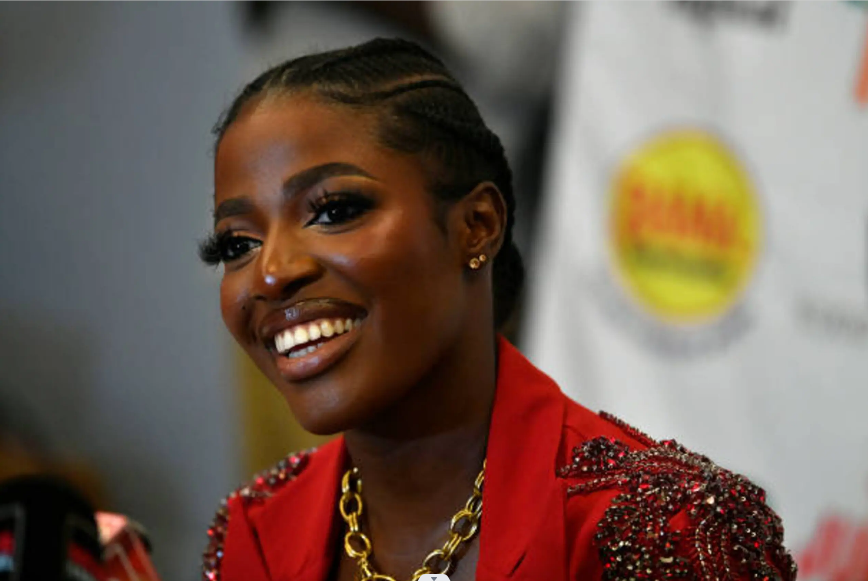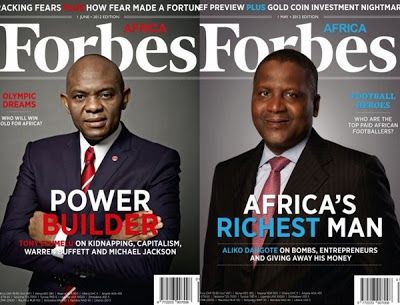From the streets of Surulere to stages in Stockholm, Afrobeats has become a defining sound of the 21st century. But behind its meteoric rise is a less flashy yet crucial engine: recognition. Awards, nominations, and accolades have helped legitimize and amplify the genre globally.
A Sound That Crossed Borders
In the early 2000s, Afrobeats was largely regional. But artists like D’banj, 2Baba, and P-Square began making waves beyond Nigeria. Their music videos and BET nods opened the doors. However, it was Wizkid’s 2016 feature on Drake’s One Dance and Davido’s international tour success that marked a new era of cultural crossover.
Awards as Amplifiers
Winning global awards such as Burna Boy’s Grammy for Twice As Tall and Tems’ BET Award offered proof of Afrobeats’ global relevance. These recognitions signaled to international labels, promoters, and platforms that African music wasn’t a passing trend it was the future.
Local Awards, Global Impact
Ironically, local platforms like The Headies, Soundcity MVP, and AFRIMA have played an equally critical role. By spotlighting emerging talents and giving structure to the industry, they provided the springboard for stars to leap into global consciousness.
Streaming and Global Visibility
Spotify, Apple Music, and Boomplay further leveled the playing field, but award wins remain vital for press coverage, festival bookings, and brand partnerships. Recognition not only affirms artistry but also influences economic value.
The Way Forward
For Afrobeats to sustain its global momentum, equitable representation in international awards like the Grammys and BRITs must continue. But more importantly, African institutions must keep celebrating their ownand elevate the next generation of cultural torchbearers.
In the story of Afrobeats, recognition isn’t just a footnote it’s the headline.



